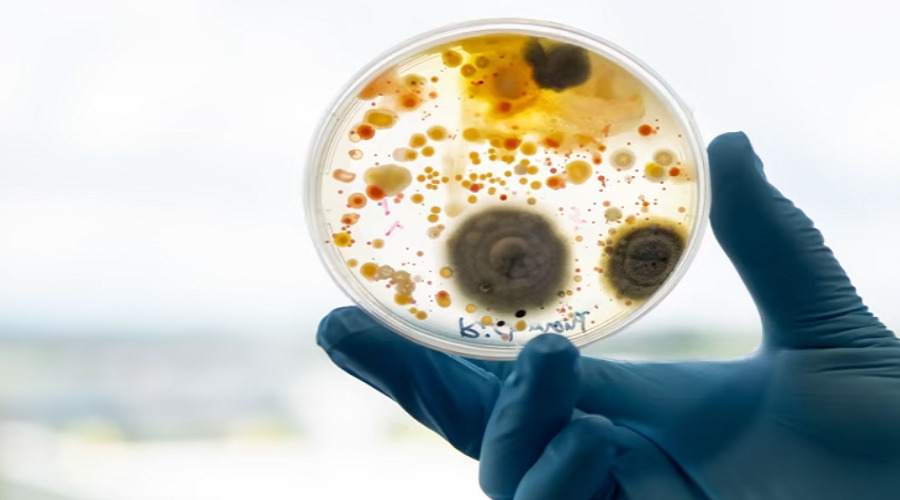Microorganisms, often invisible to the naked eye, play a pivotal role in shaping our food systems and agricultural practices. The Tribiome project, a groundbreaking endeavor, delves deep into the realm of microbiomes to revolutionize food production and enhance crop growth. Let’s embark on a journey through the project’s diverse Work Packages (WPs), each contributing a unique piece to the intricate puzzle of microbiome research and application.
WP1: Illuminating the Microbial Universe
In the first phase, the TRIBIOME project sets the stage by unraveling the mysteries of microbiomes in food systems. Collaborative efforts among stakeholders pave the way for effective decision-making and policy integration.
Each task within this WP adds a brushstroke to the grand canvas of understanding and utilizing microbiomes in food systems. It’s a harmonious collaboration, knowledge exchange, and policy alignment.
WP2: Nurturing Plant Health and Productivity
In the second chapter, the spotlight turns to the soil-plant interface. By leveraging data analysis, modeling, and experimental validation, researchers endeavor to manipulate microbiomes for enhanced plant health and productivity.
The intricate dance between microorganisms and plants takes center stage, with tasks devoted to find the right modulators and unlocking nature’s potential for sustainable agriculture.
WP3: From Wheat Fields to Nutritional Excellence
WP3 zooms in on wheat cultivation, aiming to enhance not only growth but also nutritional content. From pot trials to field experiments, the mission is clear: elevate wheat quality and nutritional value.
With environmental considerations and mycotoxin levels in mind, this phase strives to create a future where wheat isn’t just a staple but a nutritional powerhouse.
WP4: A Holistic View of Microbiome Impact
The fourth act takes a holistic approach, examining the effects of microbiome-modulated wheat varieties across dimensions. Animal health, environment, human gut microbiome – no stone is left unturned.
The researchers dissect physicochemical parameters, microbiome interactions, and health markers, all to paint a comprehensive picture of how these varieties shape our food production system. It’s a symposium of science, bridging the gap between fields for a healthier future.
WP5: Crafting Microbial Marvels for Wheat
In this WP, the creative process is in full swing as modulators for wheat cultivation take center stage. Defining specifications, isolating microorganisms, evaluating effectiveness, and integrating with fertilizers – the tasks form a wide net of innovation.
From lab to field, these modulators undergo rigorous tests, validations, and development, ultimately aiming to elevate wheat crop growth and nutritional content through scientific precision.
WP6: Balancing Impact and Responsibility
Impact is the heart of every endeavor, and WP6 meticulously evaluates it from multiple angles. Environmental impact, economic feasibility, social responsibility, and regulatory compliance – these facets are scrutinized to ensure a balanced and responsible approach.
The project’s outcomes align with sustainability, feasibility, and ethical standards, setting a precedent for responsible research and innovation.
WP7: Spreading the Microbial message
Communication is the thread that weaves the project’s narrative into the fabric of society. WP7 manages a strategic symphony of dissemination, protection, and exploitation.
From policy recommendations to maximizing intellectual property, this phase ensures that the project resonates across diverse stakeholders, inspiring change and sparking innovation.
WP8: The Grand Finale of Coordination
WP8 takes the center stage to ensure harmonious coordination, financial management, legal compliance, quality control, communication, and data management. Like a conductor guiding an orchestra, this phase ensures that all elements of the project work in harmony, culminating in a crescendo of success.
The Tribiome project isn’t just about microbiomes; it’s a journey of discovery, collaboration, and transformation. With each Work Package contributing a distinct note to the symphony, the project aims to compose a harmonious future where microbiomes unlock new frontiers in agriculture and nourish our world in innovative ways.
Contact catherine.malingreau@wagralim.beor
Follow the project’s LinkedIn page
